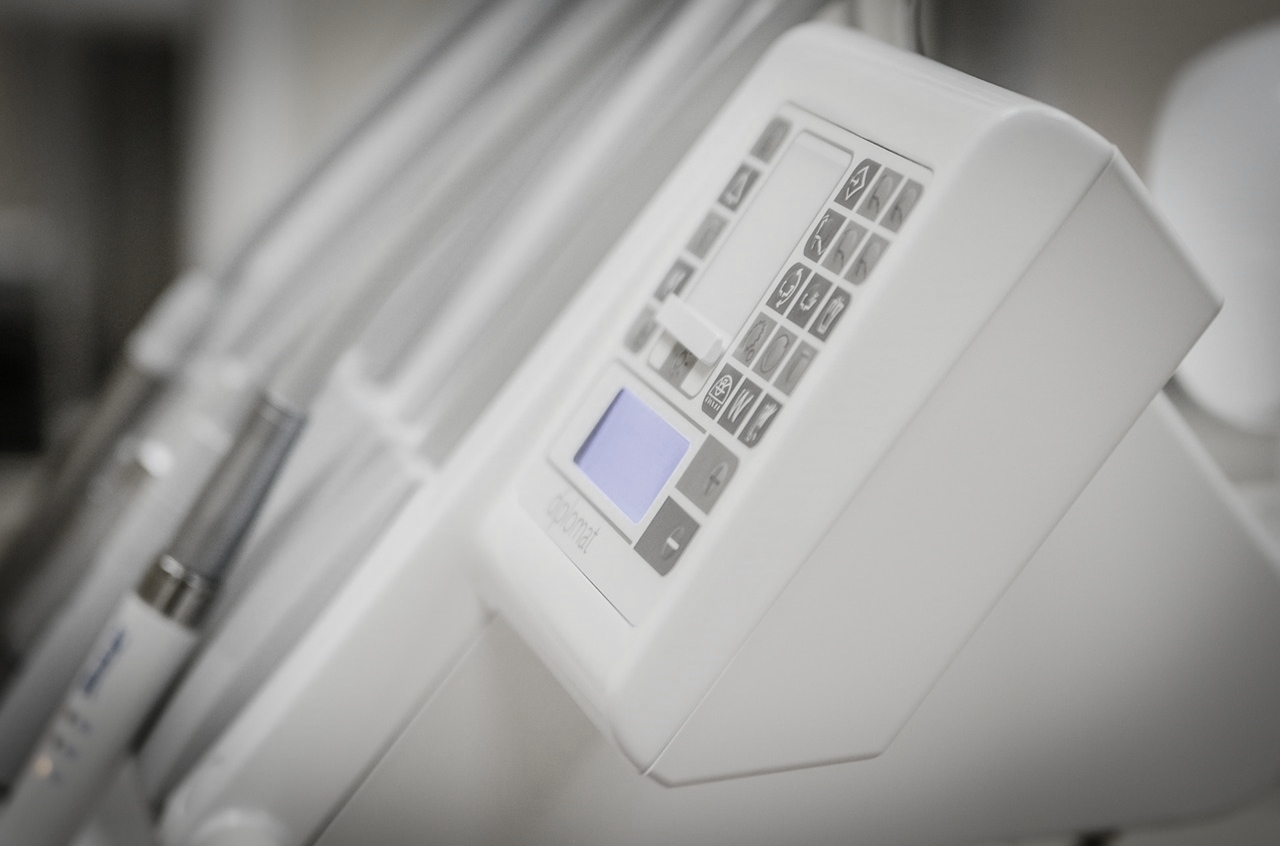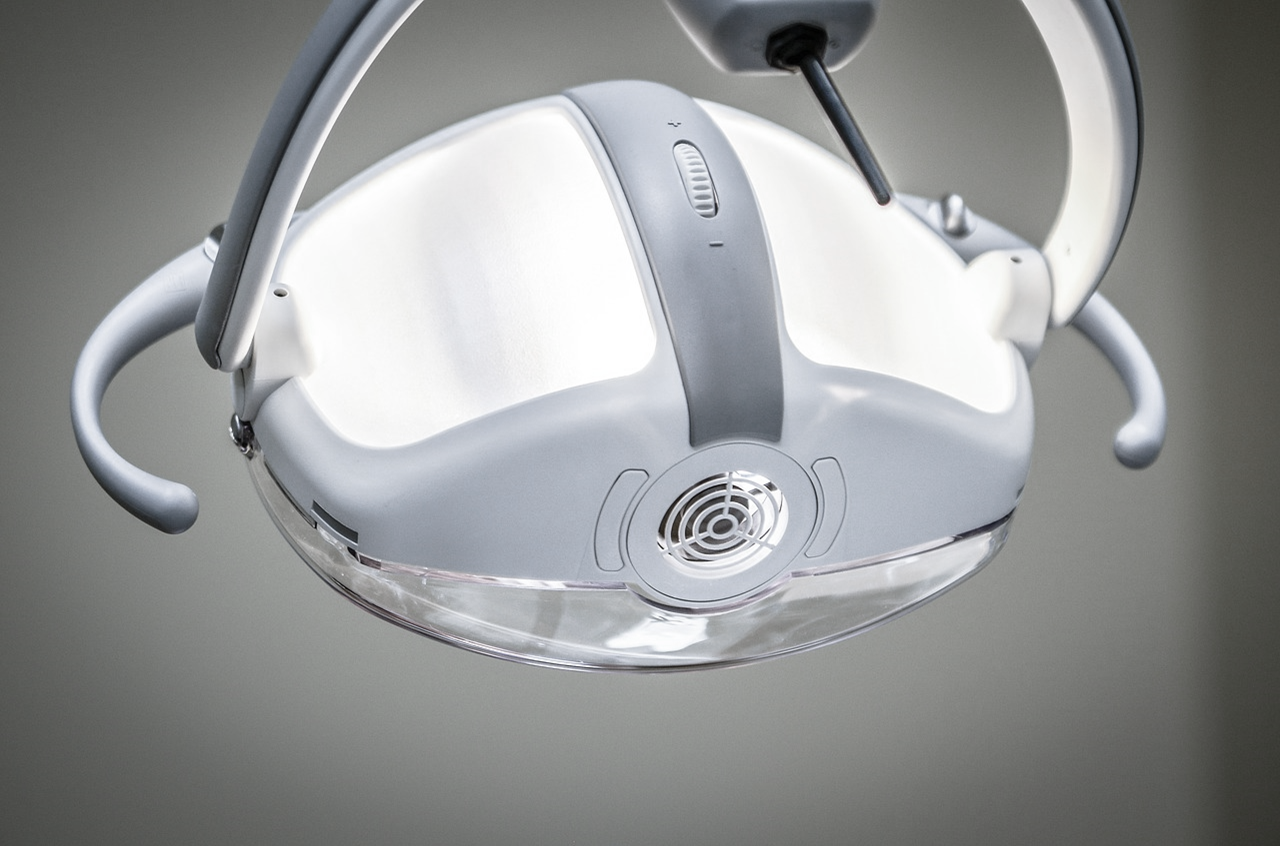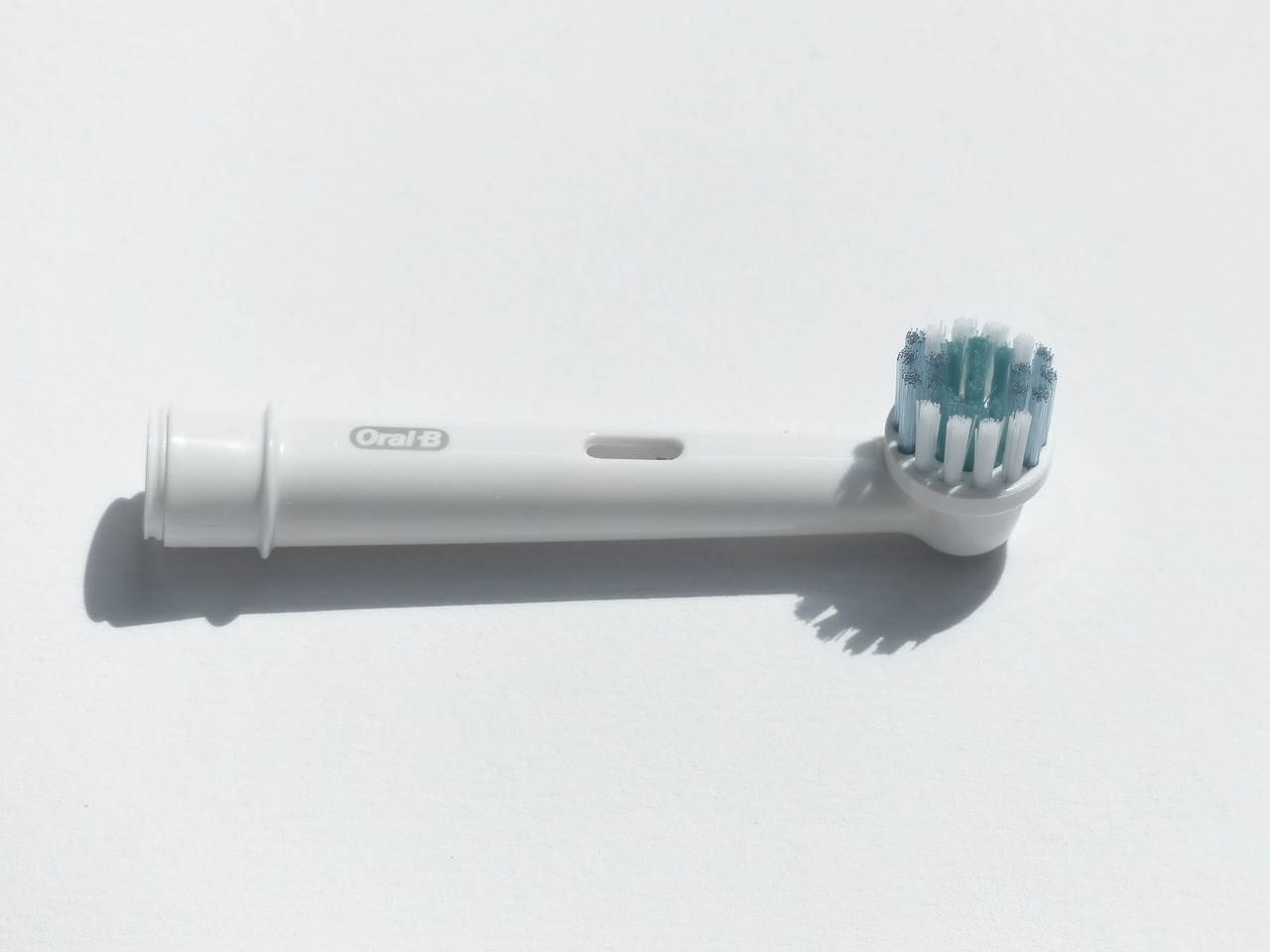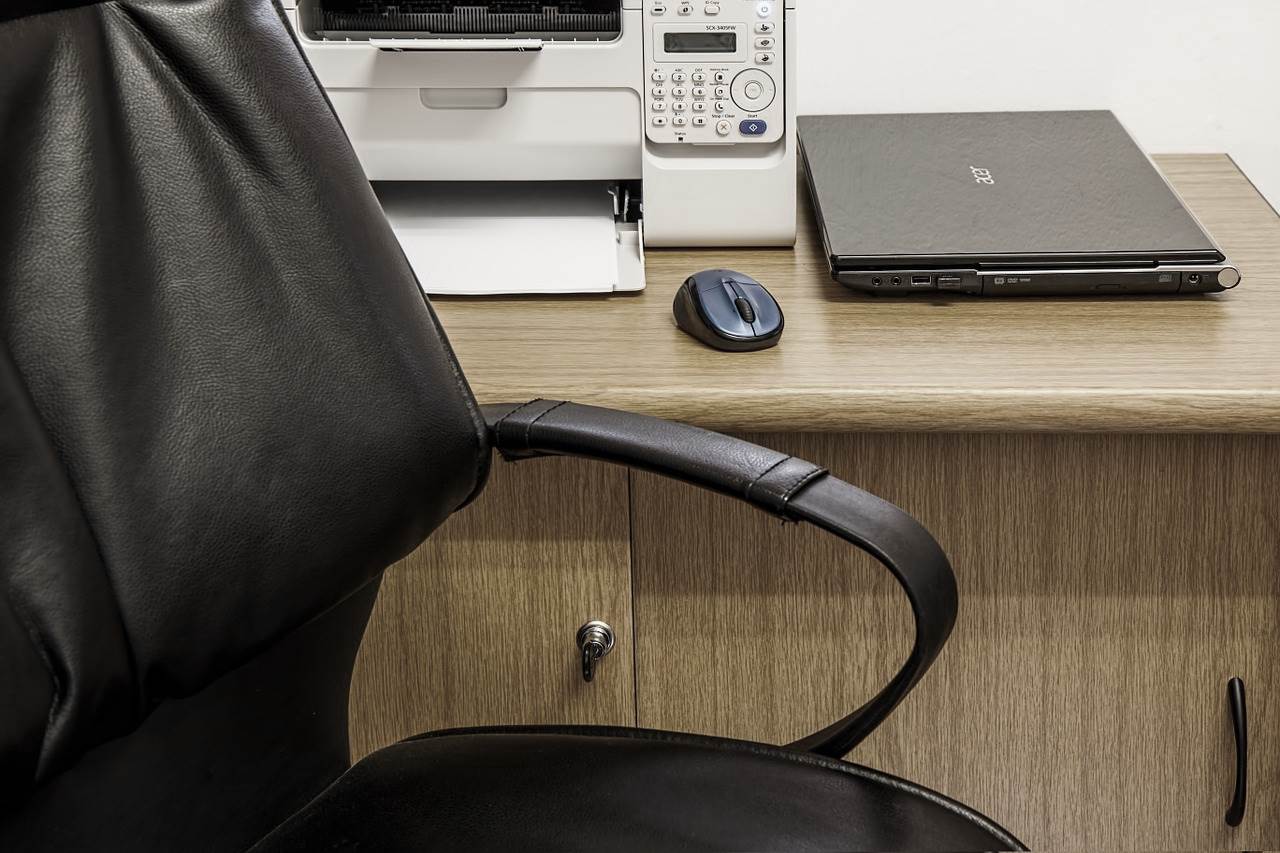
Vital Signs – Third Party Landlord Leases and Premises Risks: The Problem
Date: 12/06/2019 | Healthcare
The National Code of Practice for GP Premises which was published in November 2017 is a key plank of Scottish Government’s strategy for addressing the issues currently facing General Practice. Most of the focus to date has been on the provision of Sustainability Loans to those Practices which own their premises. If you’d like to know more about Sustainability Loans then follow this link.
However, the Code of Practice speaks of reducing “Premises Risk” for all Practices and not just those who own their premises. How exactly does it propose to do that for those Practices who lease their premises from third party landlords (i.e. what doctors sometimes refer to as PFI schemes)? The purpose of this briefing note is to explain how one of the key Premises Risks – dilapidations – for those in leased premises arises. In a further article we explain how the Code of Practice attempts to address this risk and what Practices need to do.
Leasing assets is a perfectly normal part of day-to-day life both for individuals and also for businesses. For instance, many of us will never actually own a car but will merely lease it. Many businesses will lease their IT equipment rather than buy it outright. In the same way it is very common for businesses to lease the buildings they operate from. If you go to any of the out of town retail parks the length and breadth of the country the retailers are unlikely to own the shop units; rather they will lease them from a specialist property investor.
Leases of buildings tend to be based on the Full Repairing and Insuring lease. Under such a lease the landlord hands the building over to the tenant at day one, allows the tenant to use it for a specific use for a period of time in return for payment of rent and requires that when the lease ends the building is returned to the landlord in a good condition redecorated and ready for letting to someone else.
From the late 1980’s onwards it became increasingly common for Practices to lease premises particularly from one of the specialist medical surgery developers such as GPFC. Many of the bespoke surgeries which were built during the 1980’s, 1990’s and early 2000’s were built by such developers to the specific requirements of the Practice concerned and then leased out on long term leases. By “long term” we mean typically 25 years and more.
For many years there was little to get excited about in such leases. However, as leases have started to come to an end issues have come to the fore particularly around the question of “dilapidations”. A key feature of a Full Repairing and Insuring lease is that, at the end, the premises are returned in a good condition and repair. This almost invariably involves the tenant in having to fund repair and/or reinstatement works to the premises. This can be quite extreme as any alterations which the Practice has carried out (e.g. creating new consulting rooms) may have to be removed. The cost associated with this can easily run into tens or even hundreds of thousands of pounds. Most Practices will not have built up a maintenance fund to meet these costs. All too often the entire liability will end up on the shoulders of those who are partners when the lease ends with no recourse against former partners.
It comes as no surprise that, as the issue of dilapidations comes more and more to the fore, new doctors do not want to become “contaminated” by such residual risks. This has led the Scottish Government to identify Premises Risk arising from dilapidations as a key risk to address.
As Health Boards start to get to grips with creating Registers of leases which Practices wish to assign to the Health Board it will become clearer how each Health Board intends to deal with matters. However, it seems inevitable that there will be variations across Health Board areas. Managing the demands of the Scheme put in place by the Code of Practice for GP Premises alongside the commercial interests of third party landlords will require delicate negotiation in order to ensure that Practices are able to extract themselves from their lease with as little pain as possible. At Davidson Chalmers Stewart our in depth understanding of the business of General Practice, the requirements of the Code of Practice for GP Premises and the key drivers for commercial landlords means that we are uniquely positioned to be able to provide specialist commercial and legal advice to Practices.
If you would like to find out more please contact partner, Andy Drane.





















































